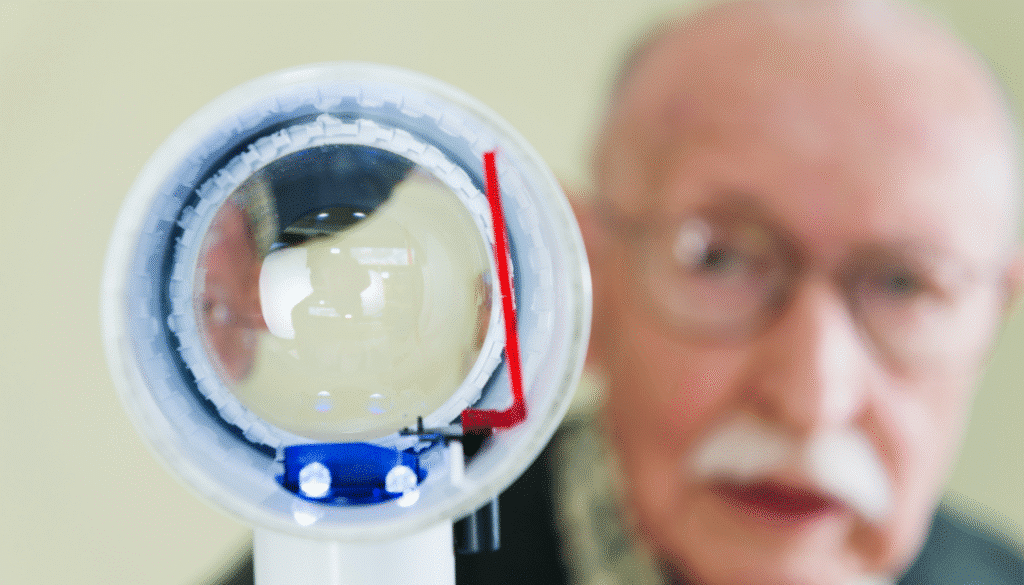
The macula is part of the retina that provides sharp, central vision. When the macula breaks down, it leads to macular degeneration, a serious eye condition. Untreated ARMD is one of the leading causes of age-related vision loss and blindness in people over 65.
Although there is no cure, there are macular health treatments that can slow or even improve vision in some cases. Early detection is key, which is why macular degeneration exams are so important. Talk with your eye doctor about realistic vision preservation methods and available macular therapy options.
Dry ARMD
Dry macular degeneration is the more common and slower form of the disease. Vision loss is usually less severe, but it still affects central sight. Eye doctors can often detect dry ARMD during routine exams. Treatment may include macular health supplements such as antioxidants and zinc, which have been shown to slow progression.
Wet ARMD
Wet macular degeneration is more aggressive. It happens when abnormal blood vessels grow and leak, damaging the retina. Symptoms often include sudden, blurry central vision. If this occurs, seek emergency care right away. Treatments may involve laser therapy, light-sensitive dye procedures, or anti-VEGF injections placed directly in the eye. These treatments are part of modern retinal disease management and help slow damage.
ARMD is a genetic and age-related eye disease that runs in families. It is a major cause of blindness in older adults. Once vision is lost, it usually cannot be restored. However, with central vision treatments, many patients can protect their sight for longer.
Routine retinal degeneration care allows your doctor to detect changes early. Lifestyle changes, including healthy eating, quitting smoking, and wearing UV protection, can also help slow progression.
For wet ARMD, anti-VEGF injections are the standard. For dry ARMD, macular health supplements may help slow progression.
There is no cure, but early retinal disease management and lifestyle changes can delay vision loss.
Avoid smoking, skipping exams, and ignoring changes in vision. These can speed up damage.
Progression varies. Dry ARMD may take years, while wet ARMD can cause faster vision loss if untreated.